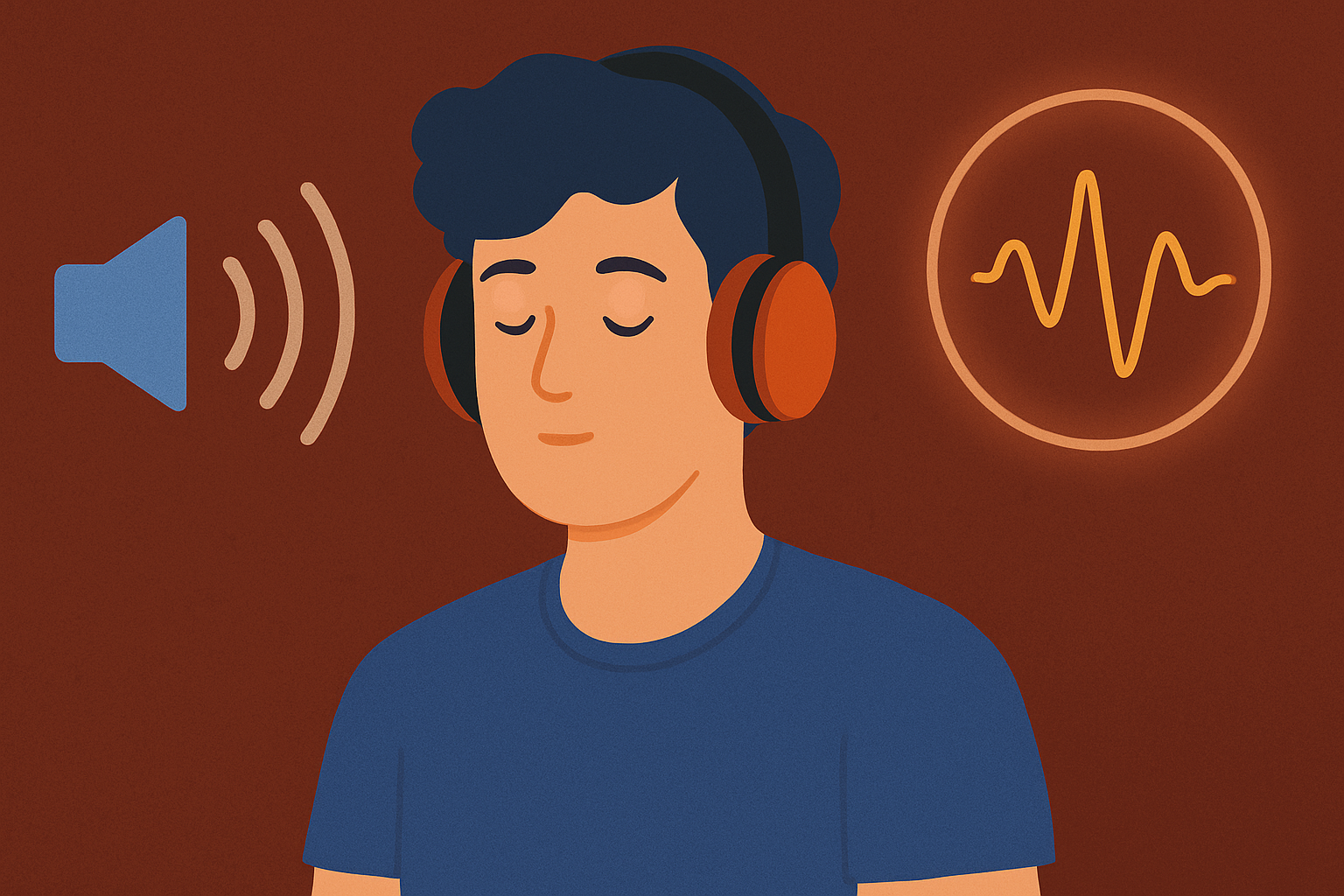Obesity is more than just a physical health challenge — it’s deeply rooted in psychology, habits, and environmental triggers. While genetics and metabolism play their part, behavioral science — specifically Behaviorism — offers powerful insights into why we overeat and how we can change it.
🍔 What Is Behaviorism?
Behaviorism is a psychological theory that focuses on observable behaviors rather than internal mental states. Pioneered by thinkers like B.F. Skinner and John B. Watson, behaviorism suggests that our actions are shaped by:
- Conditioning (rewards/punishments)
- Environmental stimuli
- Learned responses
When it comes to obesity, this means our eating habits, snacking patterns, and even physical inactivity are largely conditioned responses — not just matters of willpower.
⚖️ Obesity Through the Lens of Behaviorism
Let’s break it down:
1. Operant Conditioning: Reward Eating
- Problem: We often eat high-sugar or high-fat foods for pleasure or comfort — reinforcing the habit with dopamine hits.
- Behaviorist View: This is positive reinforcement — the behavior (eating junk food) is rewarded (pleasure), so it repeats.
- Example: Watching Netflix and snacking = pleasure loop.
2. Classical Conditioning: Cue Cravings
- Problem: We associate certain places, emotions, or times of day with eating.
- Behaviorist View: Like Pavlov’s dogs salivating to a bell, humans may crave food just by seeing a logo or passing a bakery.
- Example: Stress = craving pizza, even if you’re not hungry.
3. Negative Reinforcement: Emotional Eating
- Problem: Food becomes a way to escape stress, sadness, or anxiety.
- Behaviorist View: Eating reduces discomfort → behavior is reinforced → emotional eating becomes a habit.
- Example: Post-breakup binge eating.
🔄 Behaviorism-Based Strategies to Combat Obesity
Here’s how we can use behaviorist principles to reprogram habits and support weight loss:
✅ 1. Trigger Management
- Identify environmental cues that lead to overeating.
- Remove junk food from visibility.
- Change routines (e.g., walk instead of snacking during breaks).
✅ 2. Positive Reinforcement for Healthy Habits
- Reward yourself for healthy actions (but not with food!).
- Example: After 5 days of meal prepping, treat yourself to a new workout outfit.
✅ 3. Shaping Behavior Gradually
- Small wins → long-term success.
- Start with 5-minute walks, then scale up to 30-minute workouts.
✅ 4. Self-Monitoring
- Keep a food and mood journal.
- Apps like MyFitnessPal or Noom use behavioral tracking to encourage change.
✅ 5. Contingency Contracts
- Make a deal with yourself (or others): “If I skip gym 3x, I donate $20 to a cause I don’t like.”
- Used in Behavioral Weight Loss Programs.
👨⚕️ Behaviorism in Modern Obesity Treatment
Today, many clinical weight loss programs and digital health apps are based on behavioral science:
- CBT (Cognitive Behavioral Therapy) integrated with behaviorism
- Behavioral modification coaching in apps like Noom, WW, and BetterMe
- AI-powered nudges for habit change in tech-based interventions
📢 Final Thoughts: A New Way to Look at Obesity
Obesity isn’t just about “eating too much” — it’s about why we eat, when, and what emotional loop we’re caught in. By understanding the behavioral roots, we can retrain our brains, rewrite habits, and build lasting change.
Behaviorism gives us hope: If behavior can be learned, it can also be unlearned.
🙋♀️ Want to Go Deeper?
We’ll be covering more on:
- Tech tools for habit tracking
- Behaviorist experiments in food psychology
- Real-life case studies of behavior-based fat loss
Stay tuned on ObesityTech.com — where science meets sustainable change.



